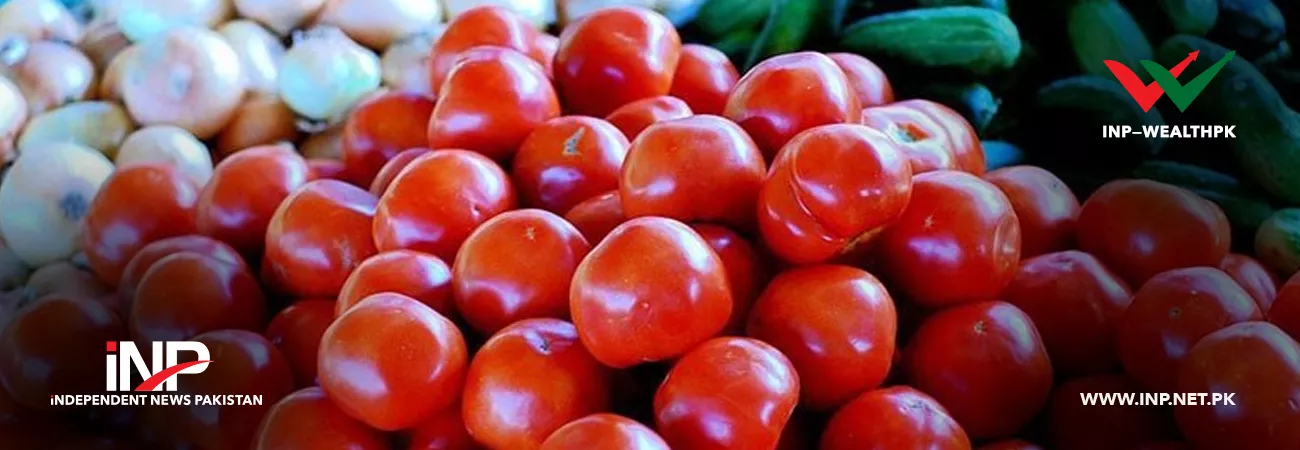INP-WealthPk
Raza Khan
The import of food items by Pakistan is likely to increase after the destruction of agricultural land, standing crops and vegetables by the recent floods in most parts of the country, WealthPK reports.
The total loss caused to the agriculture sector of Pakistan by floods is yet to be ascertained. However, initial estimates suggest that it would be above $2 billion.
Pakistan’s food group import bill reached $1.02 billion in August 2022, showing an increase of 23.52% as compared to the same month of the previous year and a 34.59% surge as compared to the preceding month.
“Pakistan will have to import more sugar, pulses and vegetables to meet the domestic demand,” Dr Abid Qaiyum Suleri, the executive director of Sustainable Development Policy Institute (SDPI), told WealthPK.
He said that more imports meant that Pakistan’s import bill for the food group would surge in the coming months due to losses to local agricultural products. “It will also cause food shortage for the people already suffering from economic crunch and floods,” he feared.
Dr Abid said that Pakistan’s agriculture sector was important for the economic growth and development of the country. He said that half of the total labour force in the country was associated with the agriculture sector. “Climate change and unpredictable extreme weather conditions have taken a huge toll on the agriculture sector of Pakistan,” he added.
He said that all the major seasonal crops were destroyed by floods in the country. “Pakistan is one of the world’s top exporters of rice and cotton, but the recent floods have also destroyed these crops, affecting export of the country,” he said.
Dr Abid said that the country was already facing a huge shortage of wheat. “Now delay in sowing wheat due to stagnant floodwater and land degradation can further worsen the situation. It means that we will have to import more wheat next year if winters crop doesn’t go well,” he added.
He said that pulses, onions, tomatoes and other vegetables were washed away and damaged by floods. “Now the focus should be on winter crops to ensure food security and to cut import bill,” he said.
According to initial estimates of the Ministry of National Food Security and Research, cotton, rice, maize, and sugarcane crops have been largely affected by the floods and their growth is feared to remain negative by 14% to 15.4%. The growth of other crops is also expected to remain negative by up to 15%.
The Food and Agriculture Organisation (FAO) estimates suggest that more than 4.5 million acres of agricultural land have been affected by the recent floods, increasing the risk of food insecurity.
Only in Sindh, crops grown on 3.5 million acres of land have been affected by the floods, contributing 78% to the total losses of floods. In Punjab, crops standing on 639,000 acres of land have been affected.
The government has approved the import of onions and tomatoes from Iran and Afghanistan with a tax exemption till 31 December 2022 to avoid their shortage in the domestic market and to control the prices.
The Trading Corporation of Pakistan (TCP) has issued an international tender for the import of 300,000 tonnes of wheat. The government has decided to import wheat to control the shortage of the commodity in the country caused by the recent devastating floods.
The price of wheat has also gone up in the international market as TCP has procured 250,000 tonnes of wheat through a previous tender at a rate of $407 per ton, according to the information gathered by WealthPK.
Credit : Independent News Pakistan-WealthPk













